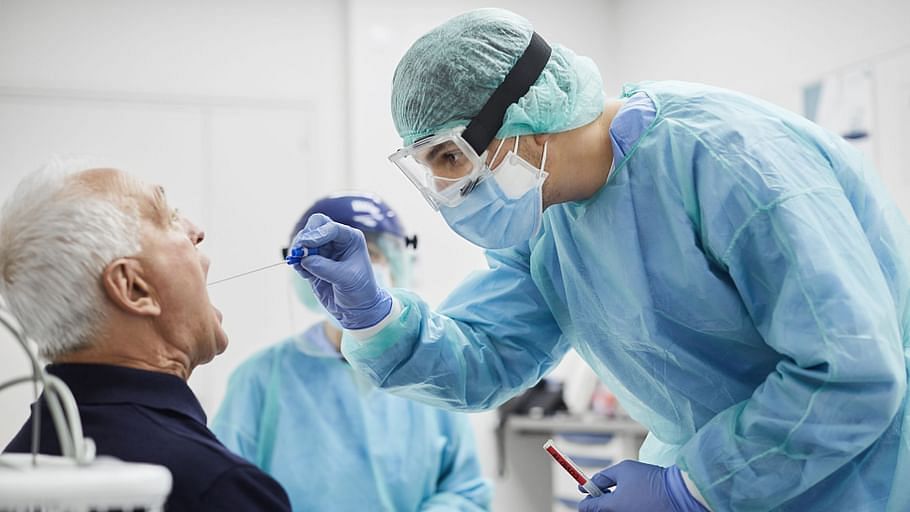
Since the outbreak of COVID-19, many people have done throat swabs when doing nucleic acid tests, so they have some understanding of throat swabs. So, in addition to nucleic acid testing, what other diseases can throat swabs check?
What is a throat swab test?
Pharyngeal swab examination is a frequently used examination method in respiratory medicine. When the throat of the human body is inhabited under normal circumstances, these bacteria are not disease-causing, but when the resistance is reduced, the bacteria can induce diseases. The specific operation method of the throat swab is to press the tongue of the patient with a tongue depressor, and then use a sterile swab to collect a little throat secretion for a microscopic examination. You can find harmful bacteria that colonize the throat, which is the next step. Provide guidance on the clinical treatment plan. Read more: throat swab sampling process and precautions
So what diseases do throat swabs generally check?
Throat swab examination is mainly used for acute suppurative tonsillitis, acute pharyngitis, diphtheria and other respiratory diseases. After the secretion samples are collected, the corresponding laboratory tests can be performed to know which bacteria the patient has infected. Finally, the doctor will use the susceptibility results of the cultured bacteria as an important basis for clinical medication. Therefore, for the diagnosis of the above diseases, throat swab examination is very necessary. The patient may have mild neurological reflexes when undergoing a throat swab examination, but most people can accept it.

















